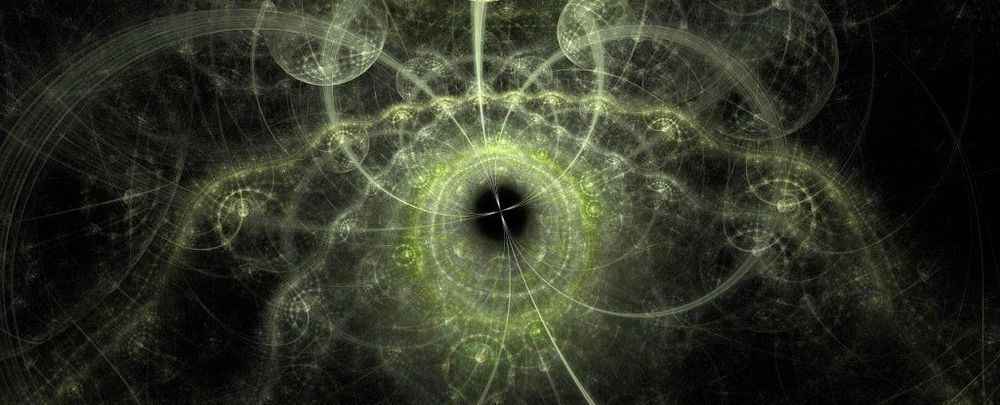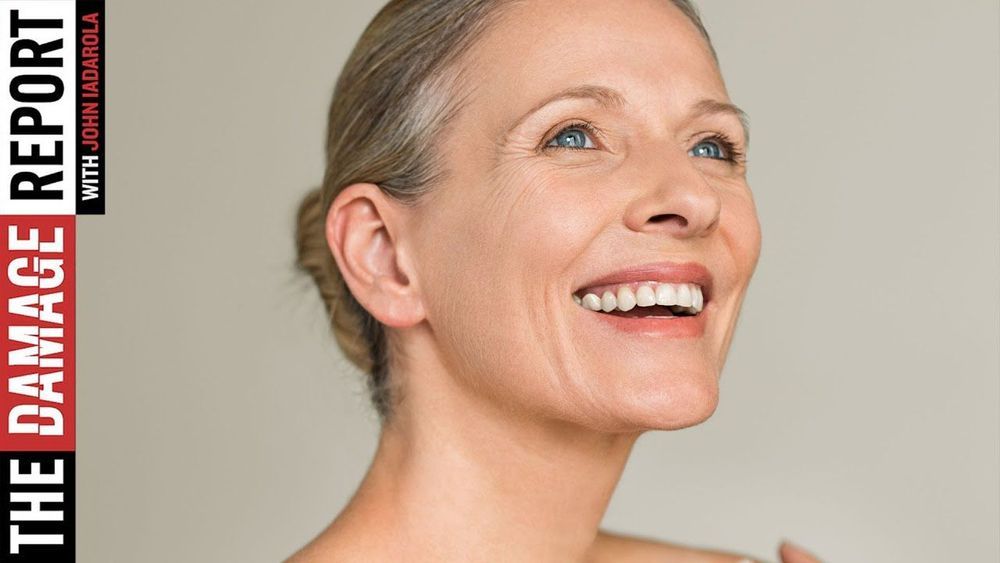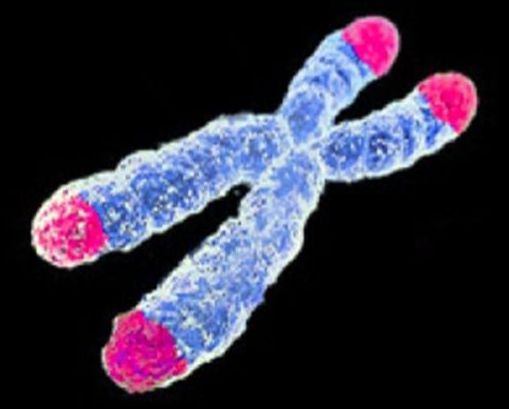Nov 5, 2019
All children to receive whole genome sequencing at birth, under ambitions laid out
Posted by Genevieve Klien in categories: biotech/medical, genetics, health
All children will be able to receive whole genome sequencing at birth, under ambitions laid out by the Health Secretary.
Matt Hancock said that in future, the tests would be routinely offered, alongside standard checks on newborns, in order to map out the risk of genetic diseases, and offer “predictive, personalised” care.
Ministers have already promised that such tests will be offered to all children diagnosed with cancer by the end of this year.
















